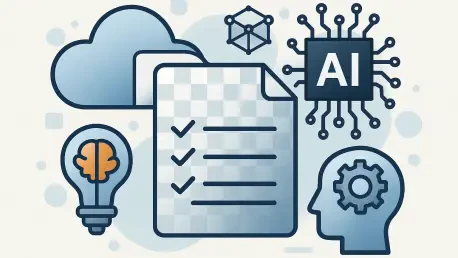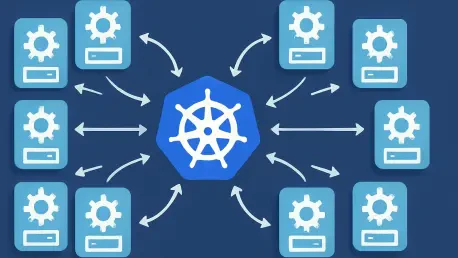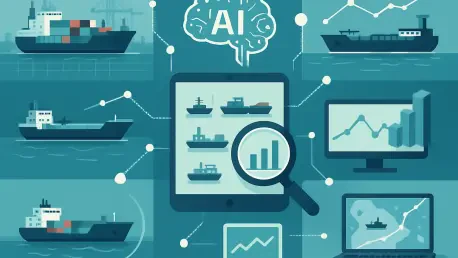

I'm thrilled to sit down with Chloe Maraina, a Business Intelligence expert with a profound passion for crafting compelling visual stories through big data analysis. With her sharp insights into data science and a forward-thinking vision for data management and integration, Chloe is the perfect

In the rapidly evolving landscape of audio transcription technology, a significant challenge has been the limitation imposed by APIs on file size and duration, often capping requests at just a few minutes or a handful of megabytes, creating bottlenecks for professionals handling hour-long lectures,

Imagine a scenario where an IT department faces a critical decision on adopting a new cloud solution, only to realize that relying on intuition or vendor hype could lead to costly missteps. In today's fast-paced tech landscape, where decisions can make or break organizational success, the need for

In an era where artificial intelligence is increasingly woven into the fabric of critical industries, ensuring trust and reliability in AI outputs has become a pressing challenge for developers and enterprises alike, and Amazon Web Services (AWS) has taken a significant step forward with its

In an era where digital connections define much of human interaction, a silent yet powerful form of conflict is reshaping global dynamics—one that targets not physical landscapes but the very thoughts and beliefs of individuals through a sophisticated strategy known as cognitive warfare. This

I'm thrilled to sit down with Chloe Maraina, a visionary in the realm of business intelligence and data science, whose passion for crafting compelling visual stories through big data has revolutionized how enterprises approach software testing and deployment. As an expert with a keen eye on the

In an era where environmental challenges are becoming increasingly complex, the management of excess soil stands out as a critical issue for industries ranging from construction to remediation, demanding innovative solutions and collaborative efforts. Across Canada, the improper handling of soil

In today’s rapidly evolving business landscape, small and mid-sized businesses (SMBs) face mounting pressure to keep pace with technological advancements, hybrid work demands, and rising security threats, making an upgrade to modern systems like Windows 11 Pro and Copilot+ PCs not just beneficial

I'm thrilled to sit down with Chloe Maraina, a Business Intelligence expert whose passion for creating compelling visual stories through big data analysis has made her a visionary in data management and integration. With her deep expertise in data science, Chloe offers invaluable insights into the

In an era where the maritime industry faces mounting pressure to enhance efficiency and slash environmental impact, a groundbreaking collaboration has emerged to tackle these challenges head-on with cutting-edge technology. AAL Shipping, a global leader in breakbulk, multipurpose, and heavy-lift
ITCurated uses cookies to personalize your experience on our website. By continuing to use this site, you agree to our Cookie Policy